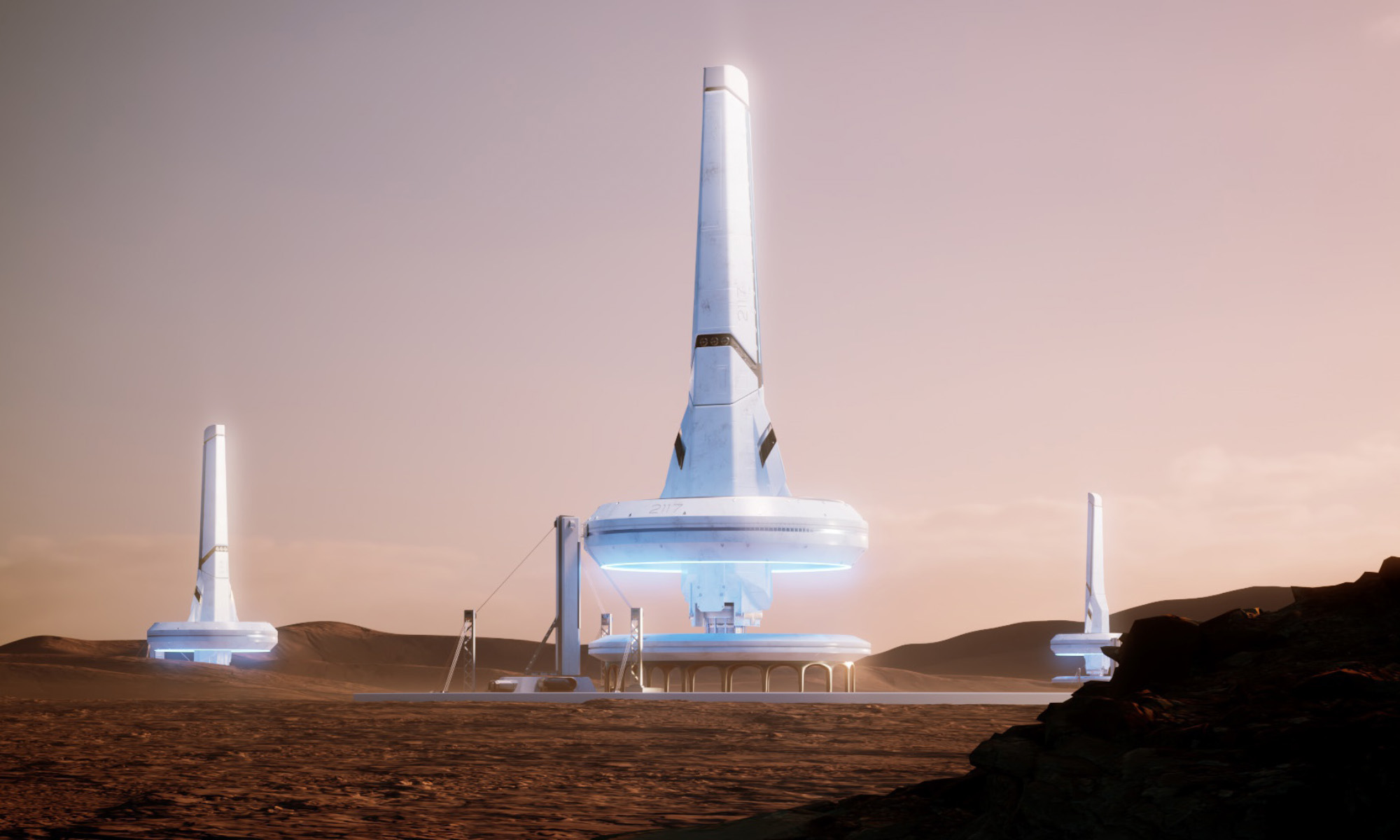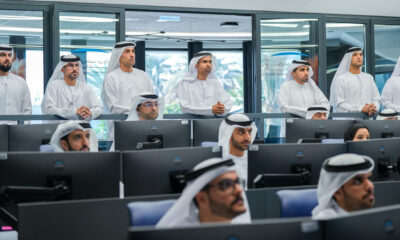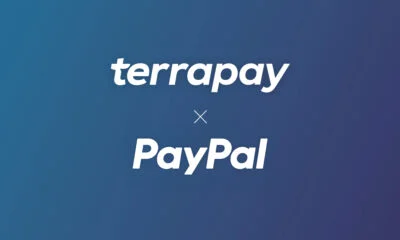News
Bedu Has Built A Metaverse Of The UAE’s Planned Mars Trip
The simulation, known as Metaverse Project 2117, hopes to host 100 million users over the next 10 years.

Bedu, a Dubai-based start-up focused on metaverse projects, has unveiled a new virtual environment showcasing the UAE’s future space exploration plans, including the proposed mission to Mars.
The project relies heavily on blockchain technology and decentralized hosting to enable the company to deliver a high-quality virtual experience. The project is known as “2117”, after the UAE’s planned Mars 2117 initiative, which aims to create a habitable colony on the red planet known as the “Mars Scientific City”.
The Mars metropolis will have food laboratories and its own water, food and energy harvesting technologies, using 3D printing to help overcome some of the complexities of building in such a harsh environment.
Earlier this week, Bedu signed an agreement with the Mohammed bin Rashid Space Center, which will assist Bedu in developing its unique metaverse, which will function like a real-life economy, with all the infrastructure and regulatory framework needed over the coming years.
“Mars is a destination aligned with [the UAE’s] vision and direction. Our focus is on creating a world where people can socialize, network, and live together without differentiating race, culture, and religion. […] As with any technology, it will impact multiple pillars, and the economic factor is one of the most important pillars,” says Amin Al Zarouni, chief executive of Bedu.
Also Read: Saudi Arabia To Send First Female Astronaut Into Space By 2023
The metaverse is part of the internet’s transition to Web3, which relies heavily on blockchain and decentralization while focusing on openness and greater user utility. The result is the ability to create entire 3D digital worlds, and the UAE, in particular, has taken significant steps to promote the technology, including the development of the Dubai Metaverse Strategy, which aims to create 40,000 jobs and pump $4 billion into the UAE’s economy over the next five years.
Despite rapid progress, Mr. Al Zarouni of Bedu is keen to point out that the metaverse is still in its early stages, but is estimated to hit the mainstream in the next 5-10 years.
News
Google Releases Veo 2 AI Video Tool To MENA Users
The state-of-the-art video generation model is now available in Gemini, offering realistic AI-generated videos with better physics, motion, and detail.

Starting today, users of Gemini Advanced in the MENA region — and globally — can tap into Veo 2, Google’s next-generation video model.
Originally unveiled in 2024, Veo 2 has now been fully integrated into Gemini, supporting multiple languages including Arabic and English. The rollout now brings Google’s most advanced video AI directly into the hands of everyday users.
Veo 2 builds on the foundations of its predecessor with a more sophisticated understanding of the physical world. It’s designed to produce high-fidelity video content with cinematic detail, realistic motion, and greater visual consistency across a wide range of subjects and styles. Whether recreating natural landscapes, human interactions, or stylized environments, the model is capable of interpreting and translating written prompts into eight-second 720p videos that feel almost handcrafted.
Users can generate content directly through the Gemini platform — either via the web or mobile apps. The experience is pretty straightforward: users enter a text-based prompt, and Veo 2 returns a video in 16:9 landscape format, delivered as an MP4 file. These aren’t just generic clips — they can reflect creative, abstract, or highly specific scenarios, making the tool especially useful for content creators, marketers, or anyone experimenting with visual storytelling.
Also Read: Getting Started With Google Gemini: A Beginner’s Guide
To ensure transparency, each video is embedded with SynthID — a digital watermark developed by Google’s DeepMind. The watermark is invisible to the human eye but persists across editing, compression, and sharing. It identifies the video as AI-generated, addressing concerns around misinformation and media authenticity.
While Veo 2 is still in its early phases of public rollout, the technology is part of a broader push by Google to democratize advanced AI tools. With text-to-image, code generation, and now video creation integrated into Gemini, Google is positioning the platform as a full-spectrum creative assistant.
Access to Veo 2 starts today and will continue expanding in the coming weeks. Interested users can try it out at gemini.google.com or through the Gemini app on Android and iOS.





















